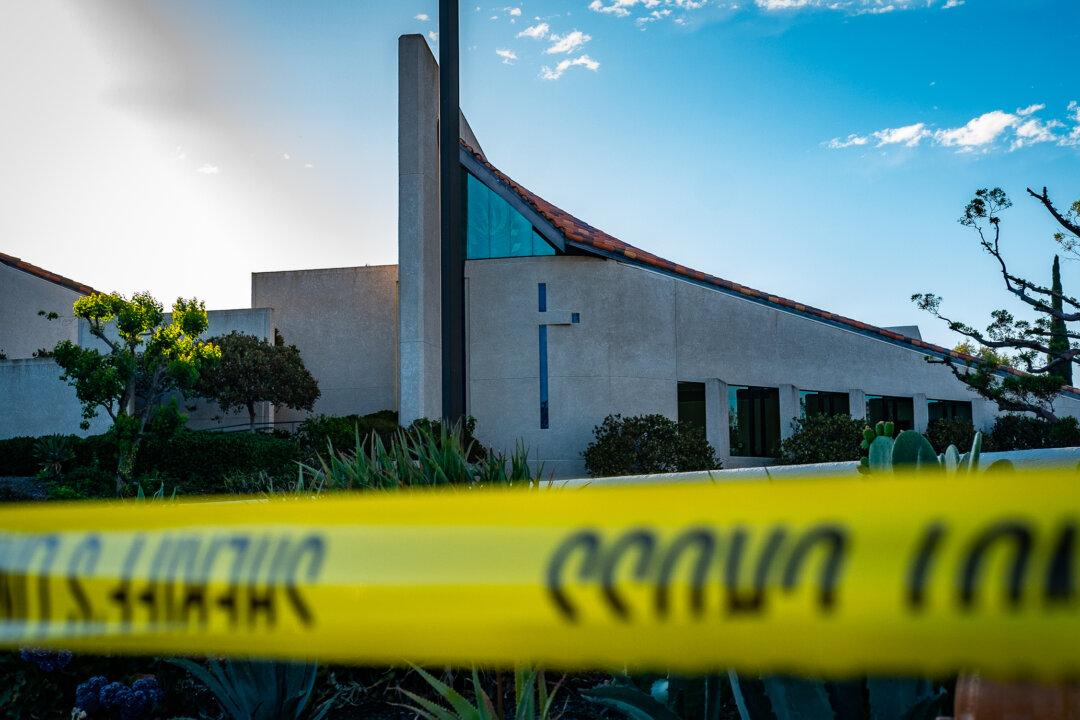Concerns over a Brown Act violation arose as Santa Ana, California, moved forward with implementing a rent control ordinance on Oct. 5.
The discussion of a potential rent control ordinance that would prevent property owners from increasing rent more than 3 percent per year continued amid controversy. Violating the Brown Act would not only lead to delays in the implementation of rent control but would tie the council up in litigation.




